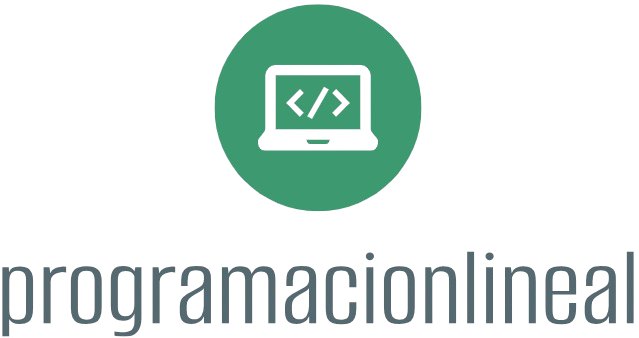Programming can be a complex task filled with potential pitfalls. Whether you’re a novice or an experienced developer, avoiding common mistakes is key to writing efficient, reliable, and maintainable code. Here’s a rundown of some of the most common programming mistakes and strategies to avoid them:
1. Ignoring Edge Cases
Mistake: Failing to consider edge cases or unusual input scenarios can lead to unexpected errors or crashes. Solution: Always test your code with a variety of inputs, including edge cases and invalid data. Implement input validation and boundary checks to handle these scenarios gracefully.
2. Not Handling Exceptions Properly
Mistake: Catching exceptions without proper handling or ignoring them can lead to debugging challenges and unstable applications. Solution: Use specific exception types and provide meaningful error messages. Ensure your exception handling code does not hide the underlying issues and always log or report errors appropriately.
3. Overusing Global Variables
Mistake: Relying too much on global variables can lead to code that is difficult to debug and maintain, as changes in one part of the code can have unintended effects elsewhere. Solution: Limit the use of global variables and prefer local variables within functions or classes. Encapsulate data and use parameters to pass information between functions.
4. Not Documenting Code
Mistake: Poor or missing documentation makes it difficult for others (or yourself) to understand and maintain code in the future. Solution: Write clear and concise comments explaining the purpose of functions, variables, and complex logic. Use documentation tools to generate comprehensive API docs where applicable.
5. Hardcoding Values
Mistake: Hardcoding values in your code can lead to inflexibility and make maintenance harder, especially when values change frequently. Solution: Use configuration files, environment variables, or constants to manage values that may change. This makes your code more adaptable and easier to update.
6. Neglecting Code Testing
Mistake: Skipping testing or writing inadequate tests can result in undetected bugs and unreliable software. Solution: Develop a habit of writing unit tests, integration tests, and end-to-end tests. Use automated testing tools to ensure that your code behaves as expected and to catch issues early.
7. Overcomplicating Solutions
Mistake: Creating overly complex solutions can make your code harder to understand and maintain. Solution: Aim for simplicity and clarity. Follow the principle of KISS (Keep It Simple, Stupid) and strive for solutions that are straightforward and easy to understand.
8. Failing to Optimize Performance
Mistake: Not considering performance can lead to inefficient code that impacts the application’s speed and responsiveness. Solution: Profile your code to identify performance bottlenecks. Use appropriate data structures and algorithms, and optimize critical sections of your code where necessary.
9. Inconsistent Coding Style
Mistake: Using inconsistent coding styles can lead to code that is difficult to read and maintain. Solution: Follow a consistent coding style and adhere to style guides relevant to your programming language. Use code linters and formatters to enforce coding standards automatically.
10. Not Keeping Dependencies Up to Date
Mistake: Using outdated libraries and dependencies can expose your code to security vulnerabilities and compatibility issues. Solution: Regularly update your dependencies to the latest stable versions. Use dependency management tools and check for security advisories related to the libraries you use.
11. Overlooking Security Issues
Mistake: Ignoring security considerations can lead to vulnerabilities that expose your application to attacks. Solution: Implement security best practices, such as input validation, proper authentication, and encryption. Stay informed about common security threats and apply relevant patches and fixes.
12. Assuming Code is Error-Free
Mistake: Assuming that your code is perfect without proper testing and validation can result in unexpected failures. Solution: Always test your code thoroughly and consider edge cases and potential failure points. Code reviews and pair programming can also help identify potential issues early.
13. Neglecting Refactoring
Mistake: Failing to refactor code can lead to technical debt and make it harder to add new features or fix bugs. Solution: Regularly review and refactor your code to improve its structure and maintainability. Apply design patterns and principles to keep your codebase clean and organized.
By being aware of these common mistakes and implementing strategies to avoid them, you can write better code and create more reliable, maintainable, and efficient software.











